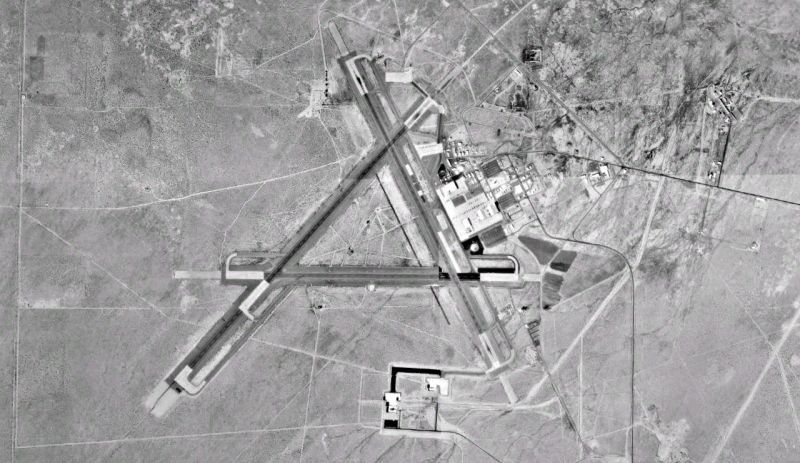Don’t blame your iPhone: Top Secret military testing will disrupt GPS signal in West Coast of United States

“...Ok Google? Hey Siri? Cortana? ...Anybody??...” This could be the scenario for millions of residents of California, Oregon, Utah, Arizona, and even as far as New Mexico and Colorado, who might experience GPS disruptions, during this month, as the US military initiates a battery of tests on a device allegedly designed to jam the GPS signal of enemy aircraft, and other vehicles, during combat.
For obvious reasons pertaining to security, the US Military has not issued any information in regard to the device, whose functionality remains in the realm of pure speculation, however the FAA is at liberty to divulge the exact times and dates in which global positioning signals will become unreliable, or unavailable, which will be from 9:30am to 3:30pm, on June 9th, 21st, 23rd, 28th and 30th, Pacific Standard Time.
The disruption will originate from China Lake Naval Air Weapons Center, in California, and will affect also any aircraft flying at an altitude of 50 feet or higher, and up to 40,000 feet above sea level.
Here’s something more annoying than losing Wi-Fi
GPS is one of the most taken for granted utility systems on Earth, mostly due to the fact that its availability comes free of charge, to anyone who has a device capable of picking up its signal, including smartphones, car infotainment systems, and activity trackers.
On most mobile devices, GPS signal is used in conjunction with a combination of cellular data and Wi-Fi, to provide for higher accuracy, which allows to lock on any object with a margin of error of no more than a few feet, as the assist from hardware on the ground, like cellular towers and Wi-Fi, helps compensate for the 30-40 seconds delay required by the satellite signal to reach the Earth. This is called “AGPS”, or “Assisted GPS”, and it’s used not only by smartphones, but also across other devices, like tablets and laptops using virtual assistants like Apple Siri, Google and Microsoft Cortana.
Without cellular data, or WiFi availability, GPS signal would still somehow work, however, it goes without saying that the reversed scenario would be catastrophic, as no navigation would be able to take place at all. This would have serious effects on many services that rely on GPS to function, such as ride-sharing services like Uber and Lyft, where the availability of GPS is crucial for drivers to reach their riders and take them to their destination.